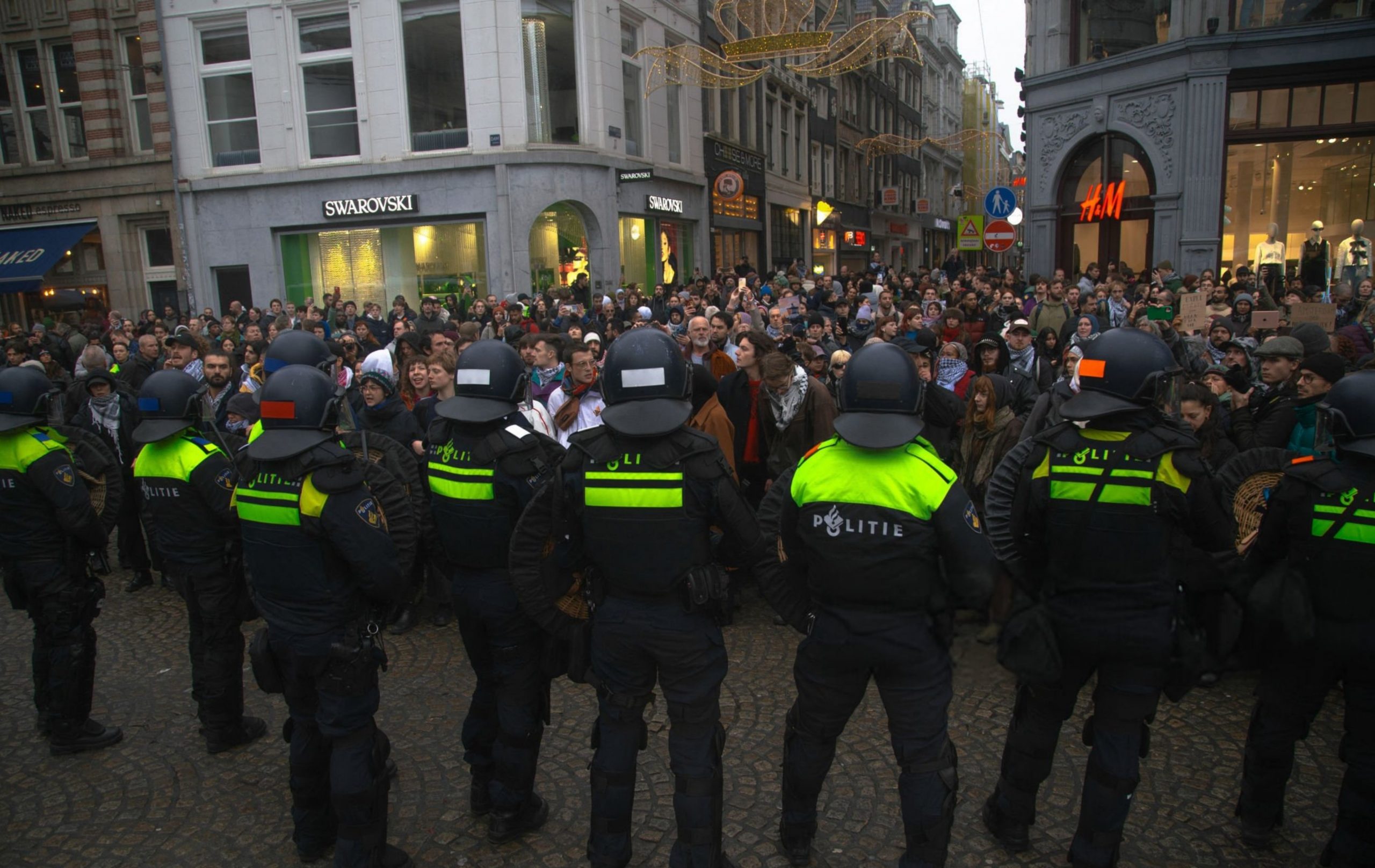
Amsterdam incidents expose media manipulation, Israeli provocations, and Europe’s fragile stance on antisemitism.

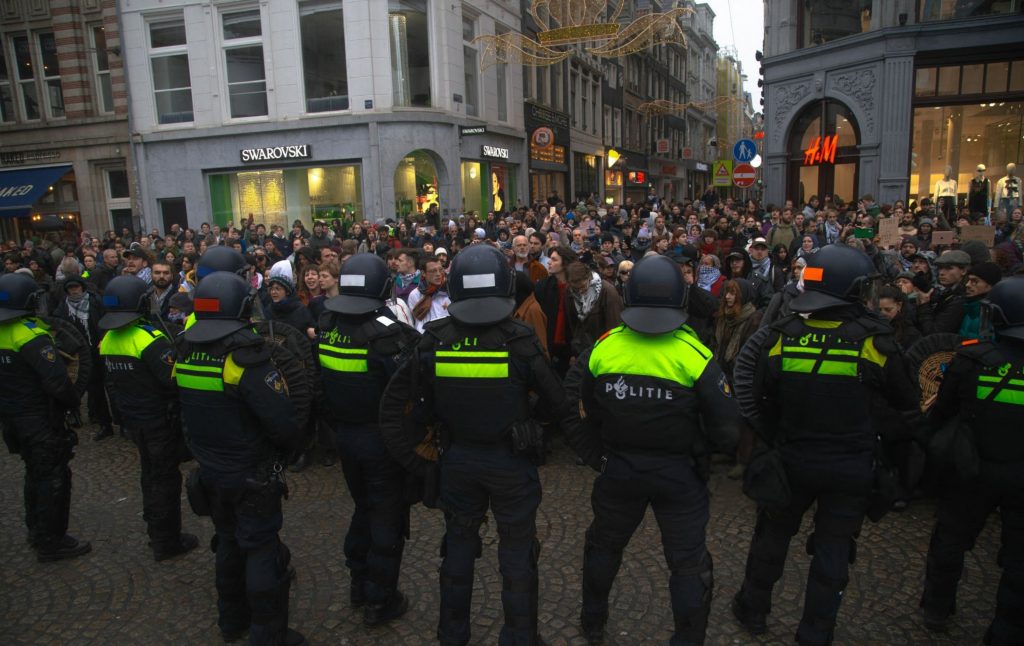
Welcome back to Europe Brief, where we take a look at the recent tensions in Amsterdam that erupted after Trump’s election victory. We’ll delve into the clashes between Maccabi Tel Aviv fans and pro-Palestine supporters, the role of Israeli provocations, the media’s one-sided narrative focusing on antisemitism, and the broader political implications of Europe’s sensitivity to such accusations. Stay with us as we unpack how these incidents reveal the fragility of Europe’s stance and the erosion of Israel’s credibility in the West.
Just after Trump’s election victory in the American elections, the situation in Europe became tense, with disappointments and incidents ranging from the fear of a second Trump administration to incidents instigated by Israeli hooligans and antisemitism in Europe. It seems that, in the face of inaction regarding the genocide in Gaza, we can now see its catastrophic impacts even on the European continent. Immediately after the American presidential elections, on 7 November 2024, there was a football match between Ajax and Maccabi Tel Aviv that took place in Amsterdam, Netherlands.
Before and after this football match, racism, hate crimes, and antisemitism shocked rational, compassionate individuals to their core. It was not clear how the incidents occurred in the first couple of days after the match. However, thanks to the citizens of Amsterdam, independent media, and finally, according to the Dutch police, it was revealed that Maccabi fans were the ones who started the conflicts by ripping off Palestinian flags and damaging the surroundings in Amsterdam, including setting Palestinian flags on fire and damaging a taxi in Dam Square in Amsterdam. It was also revealed that Maccabi Tel Aviv fans, after the match, were marching through the streets, chanting racist slurs against Palestinians, such as: “Let the IDF (Israel Defense Forces) win to f*ck the Arabs” and “There are no schools in Gaza because there are no children left.”
In the first days after the incidents in Amsterdam, the Israeli administration accused Europeans of antisemitism. European politicians, fearing being accused of antisemitism, acted too swiftly and falsely showed support for the racist Israeli hooligans who were roaming the streets of Amsterdam, damaging Palestinian flags and Dutch properties. Although Israeli hooligans were the ones who started the conflicts, this does not justify the fact that they were targeted because of their Jewish identity, which can very well be considered antisemitism.
A rational perspective is one that can simultaneously accuse Israelis and the Israeli government for their genocidal policies in Gaza while also condemning the perpetrators of these vile attacks against Jewish people in Amsterdam. A major problem is that the term “antisemitism” is repeatedly used by the Israeli government whenever there is an attack against Jewish people, regardless of the context, location, time, or perpetrators. It is clear that antisemitism has no place in modern societies, but neither do racism, genocide, and the murder of children. In the aftermath of the incidents in Amsterdam, the Israeli government accused the Dutch government of antisemitism and failing to protect Israeli citizens. While the latter accusation may hold some truth, the former requires deeper analysis, as there was no evidence of a systemic assault against Jewish people in Amsterdam.
According to the police, the actions of Israeli hooligans, such as ripping off Palestinian flags and damaging Dutch properties, brought them into direct confrontation with Palestinian supporters. This led to clashes between Maccabi Tel Aviv fans and pro-Palestine supporters, which exceeded the limits of tolerance. Some antisemitic videos emerged, showing Jewish people being targeted solely because of their identity. However, even in the aftermath of these incidents, none of the politicians responded rationally or appropriately.
The first reactions came from the President of the European Commission, Ursula von der Leyen, the Prime Minister of the Netherlands, Dick Schoof, French President Emmanuel Macron, and the President of the European Council, Charles Michel. All of them condemned the violent attacks committed by pro-Palestine supporters against Israeli citizens but said nothing about how the incidents began or who instigated them. According to reports from the Dutch police and independent journalists residing in Amsterdam, it was eventually revealed that the incidents were, in fact, instigated by Maccabi Tel Aviv fans, whose actions triggered the conflict one day before the actual clashes took place.
The unfortunate and premature reactions of European politicians to the clashes in Amsterdam highlight their sensitivity to the term “antisemitism.” This sensitivity allows Israel to leverage antisemitism as a tool of threat, akin to the sword of Damocles—a constant leverage poised to be used against Europeans. This approach capitalizes on Europe’s historical responsibility for the Holocaust, which resulted in the deaths of over six million Jewish people. Perhaps for this reason, Israel still believes that Europeans should overlook their atrocities and genocidal policies in Gaza.
European politicians should not fear accusations of antisemitism when confronted with such claims. Israel’s policy of wielding antisemitism accusations applies pressure to force European governments into compliance with Israel’s interests. For example, the Mayor of Amsterdam, Femke Halsema, initially used the term “pogrom” to describe the incidents in Amsterdam. However, after receiving widespread criticism, she backtracked on her remarks—a statement that was premature and lacked sufficient reflection on the events.
She admitted that she had overlooked the behavior of Maccabi fans in the incidents. This highlights why a politician must be capable of reading, analyzing, and reacting appropriately to such events—situations that require experience and the ability to think outside the box in order to evaluate them objectively. In the aftermath of the incidents in Amsterdam, mainstream media predominantly focused on the persecution of Jewish people—behaviors that are undeniably antisemitic, as we reiterate.
On the other hand, nothing was reported or discussed in the mainstream media about the actions of Maccabi fans, such as their attacks on Palestinian flags, damage to properties, or insults against Palestinians. The origins and perpetrators of these incidents only came to light thanks to independent reporters, eyewitnesses, and statements provided by the Dutch police. While the EU as a bloc continues to deliberate on whether to impose sanctions on Israel, civilians are still starving, and children are perishing under Israeli rockets and missiles.
Lastly, in the recent incidents in Amsterdam, it became evident that Israel overplayed its hand with the “Amsterdam pogrom” narrative. Although the initial reactions were swift and favored Israel, largely due to manipulation by the mainstream media, once the facts came to light, it appears that Israel’s seemingly unwavering credibility in the West is gradually eroding.
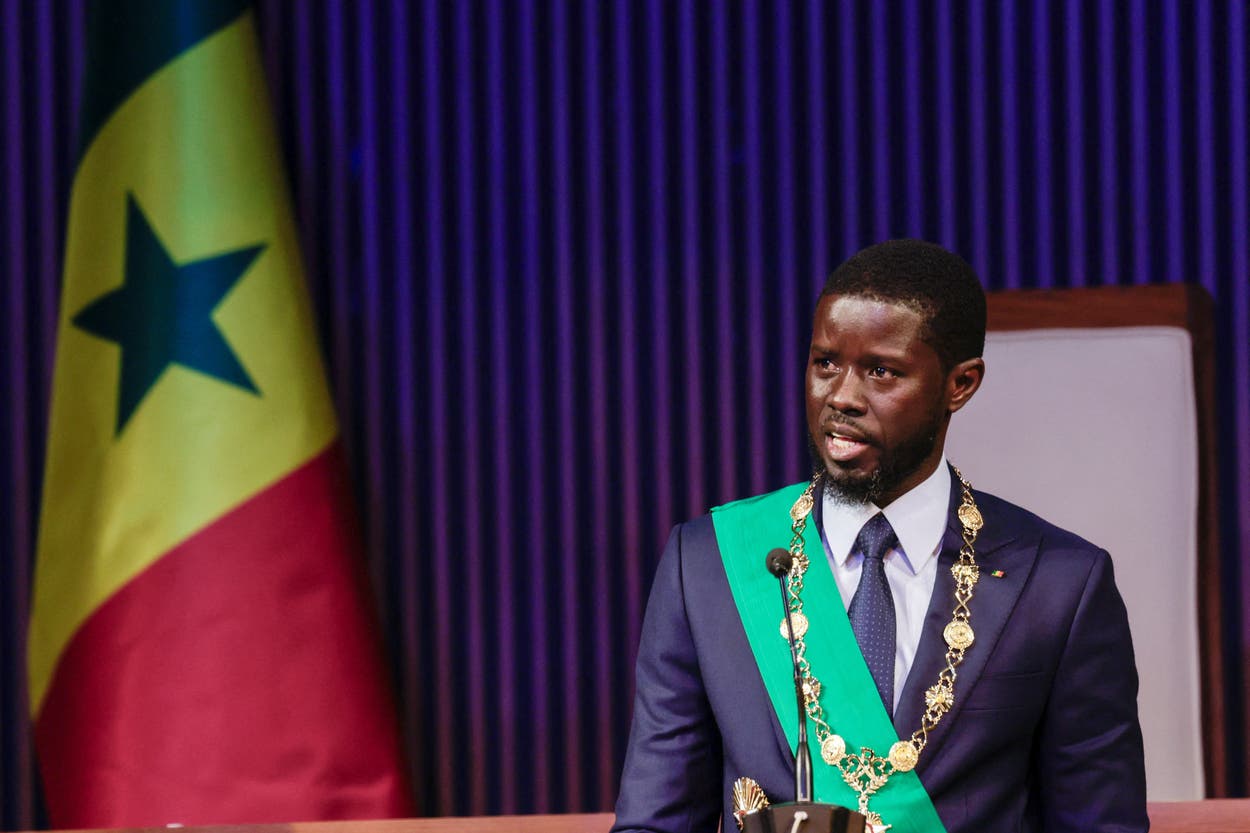
Bassirou Diomaye Faye, 44, triumphs in Senegal’s elections, promising transformative economic reforms and renewed sovereignty after a landmark victory post-prison.
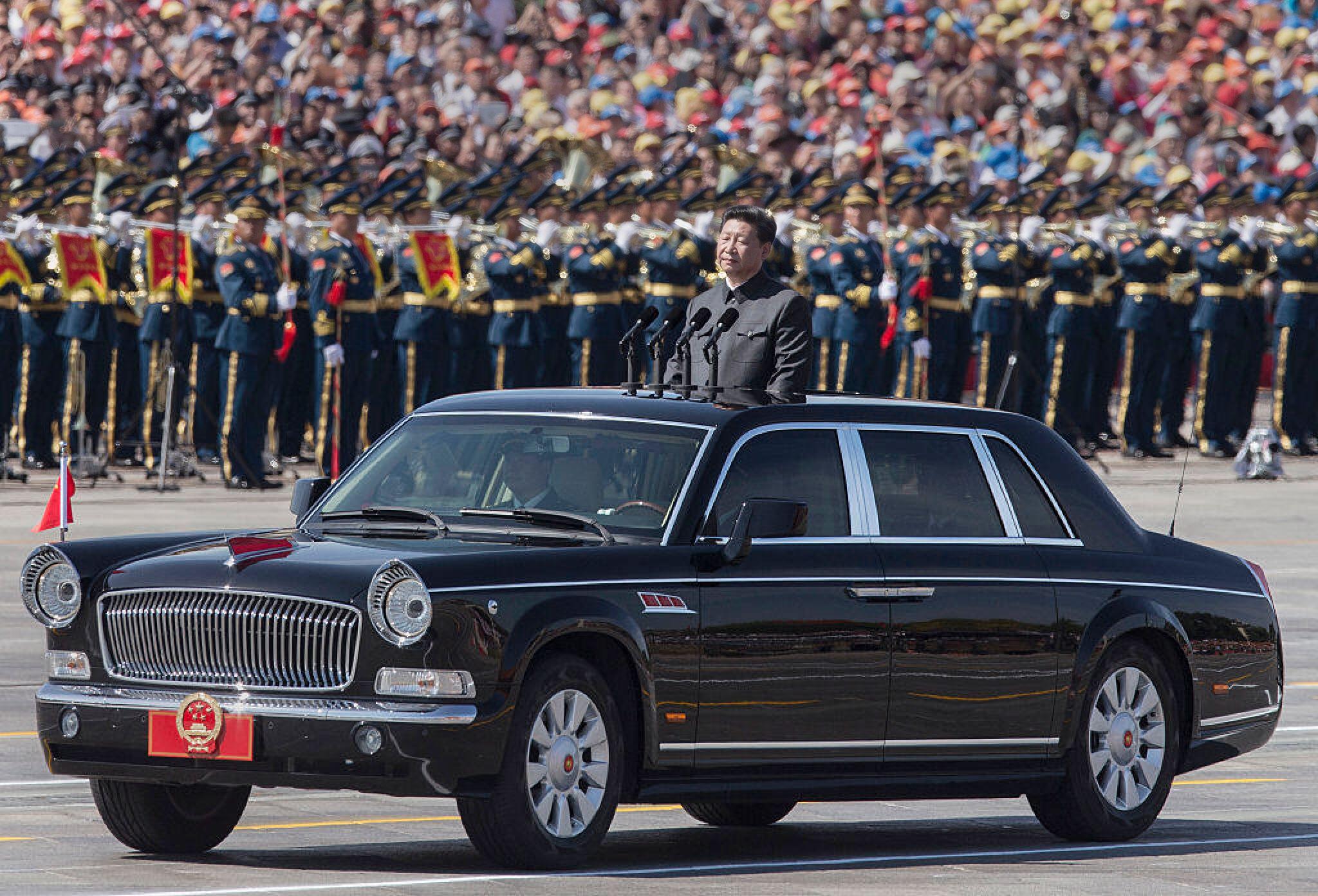
China, despite its slowing economic growth, is increasing its defense budget by 7.2% in preparation for potential conflicts. This move reflects the country’s strategic priorities and efforts towards modernization.
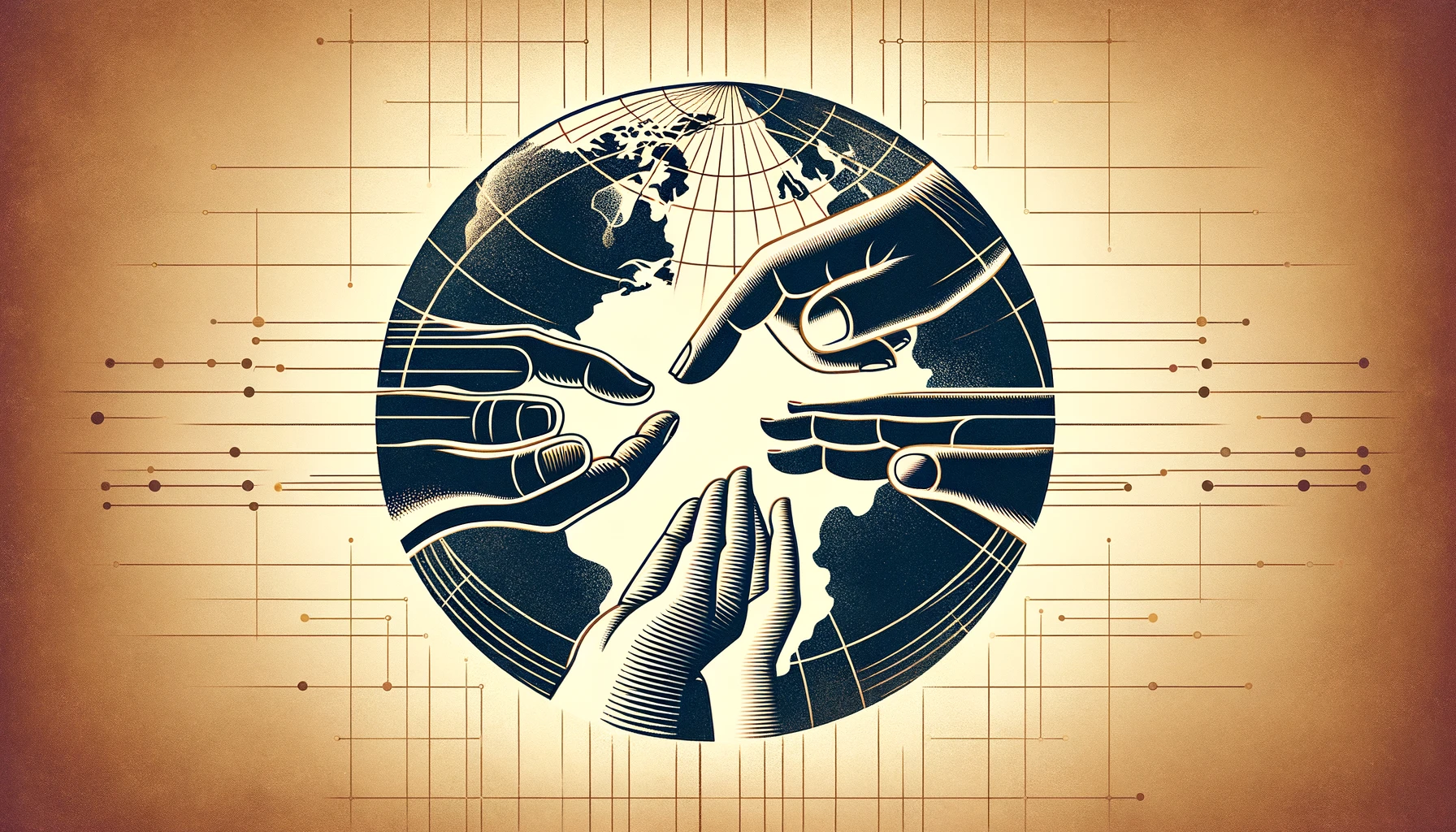
In the ever-evolving landscape of IR, the discourse has predominantly been shaped by state-centric narratives, often overlooking the fundamental human element that lies at the core of all political and diplomatic engagements.
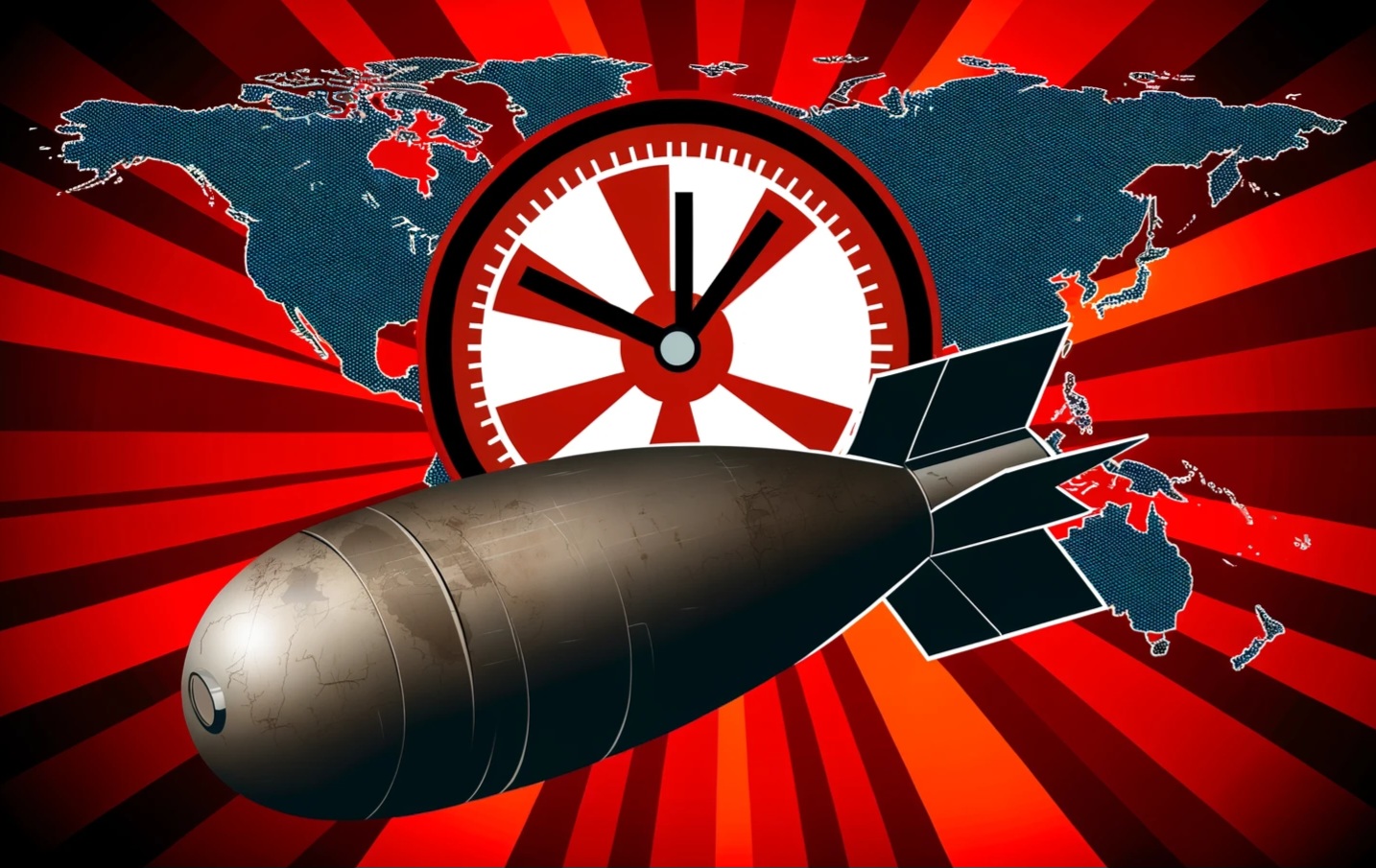
In today’s world, the presence of nuclear weapons emerges as one of the most critical factors capable of sustainably altering power balances in the international arena.
Written By: BATUHAN GUNES
Written By: KRISTIN HYNES
Written By: ERIC SONG
Written By: ALEXANDER BERGH
Written By: KATE-REID SMITH
Written By: JOSEF SCHOEFL
Written By: PATRIC MCFARLAND
Written By: FATIH CEYLAN
FA’s flagship evening newsletter guilding you through the most important world streis ofthe day. Delivered weekdays.
